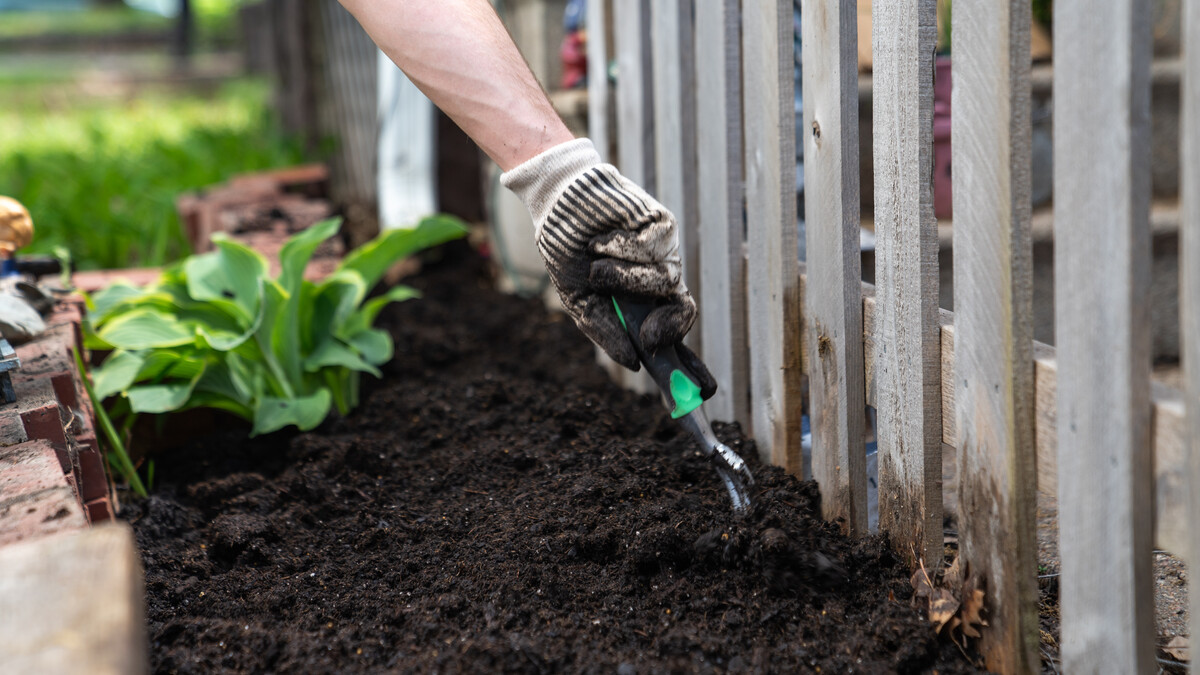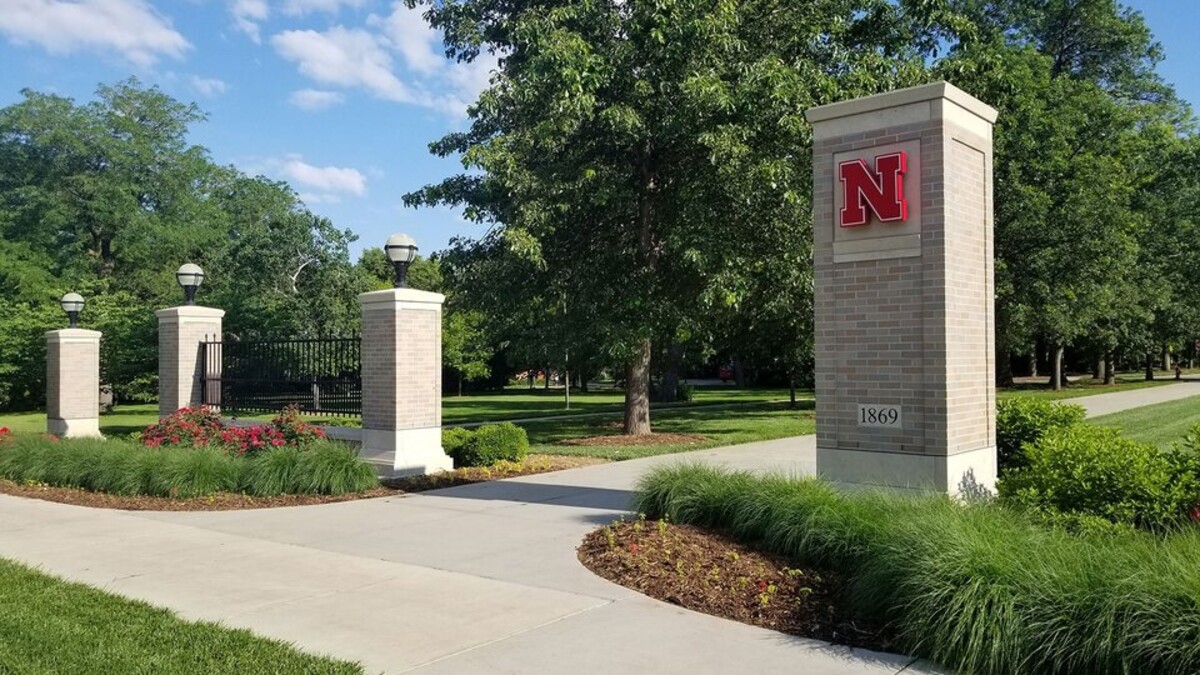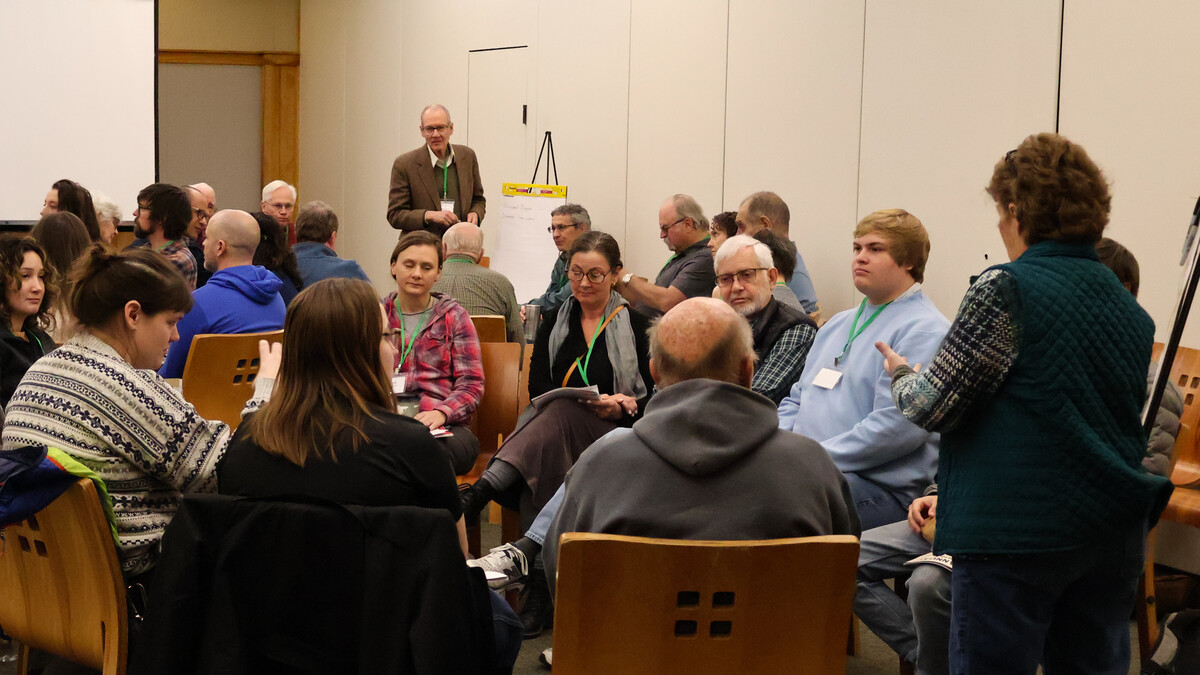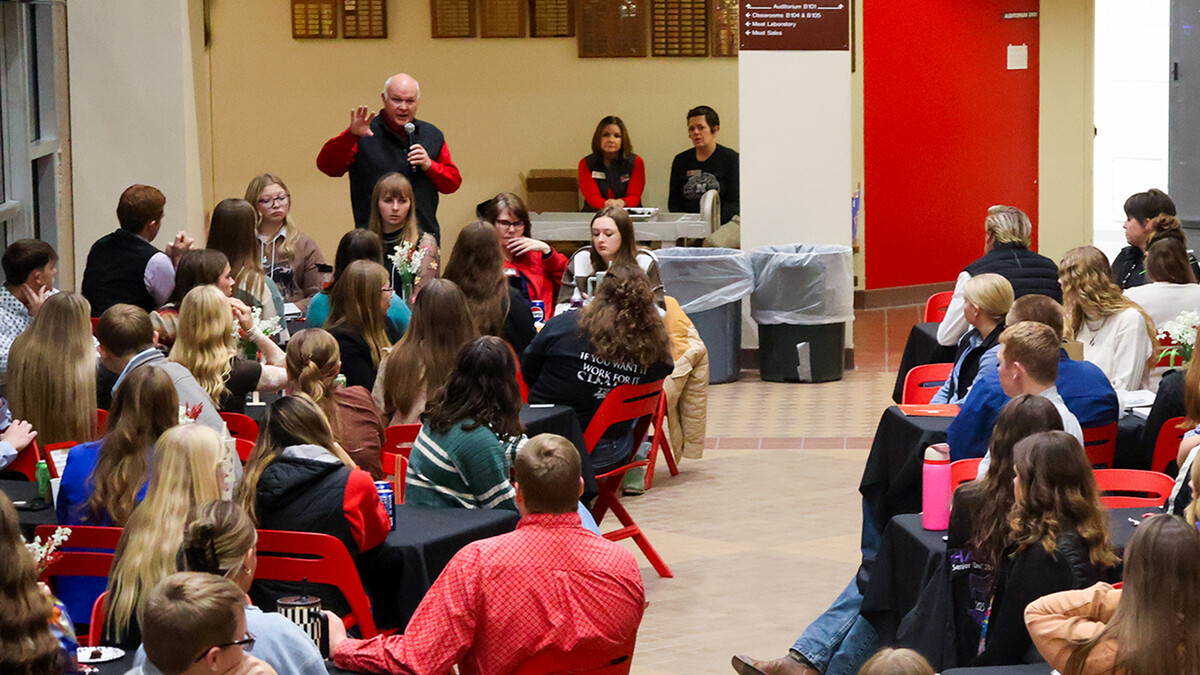
November 1, 2016
Lincoln, Neb. — Sam Wortman, assistant professor and environmental horticulturist in the Department of Agronomy and Horticulture at the University of Nebraska–Lincoln, has earned a three-year, $499,718 grant from the National Institute of Food and Agriculture to evaluate biodegradable mulch and identify opportunities to speed its degradation in soil.
Plastic mulch has transformed vegetable production around the world over the last 50 years. Many vegetable producers use a polyethylene plastic mulch due to its ability to warm the soil, conserve soil moisture and suppress weeds. However, at the end of the season, producers must remove the plastic from the soil which is challenging and costly. The mulch is then taken to a landfill or burned, neither of which are desirable outcomes for the environment.
In response to these issues, those in the industry have been attempting to develop a 100 percent bio-based material that can be a substitute for polyethylene plastic. Today’s commercially available biodegradable mulch products are only 98 percent bio-based, meaning two percent of the mulch substance contains petroleum-based polymers, which brings to light another issue.
“Certified organic farmers have not been allowed to use these bio-based alternatives because they contain 2 percent of a petroleum-based component,” said Wortman. “Plastic mulch is effective, convenient and affordable but it creates an environmental nuisance and a large number of producers can’t use it so there has to be an alternative.”
The organic industry is valued at $43 billion in the U.S. and is growing by a few billion each year. This is in response to consumer demand and an economic opportunity for agriculture, according to Wortman. Industry growth shows no signs of slowing which is why a bio-based mulch needs to be available for organic fruit and vegetable farmers.
For a mulch to be considered allowable on certified organic farms, the USDA requirement is that 90 percent of the mulch needs to be fully decomposed in the soil within 24 months.
For this project, Wortman will partner with materials science company, 3M, to evaluate their fabric alternative that is believed to be 100 percent biodegradable. The research will not only focus on the degradability of the mulch, but also on it’s durability during the growing season and its ability to benefit growers. The research will be conducted at field sites on East Campus and in Scottsbluff.
“We’ll be evaluating how fast mulches degrade when soil moisture, nutrients, and microbial activity are limited under field conditions,” explained Wortman “The goal is to understand how these mulches degrade and if there’s a way we can use compost, irrigation, cover crops or another method to stimulate the microbial communities in the soil so that they start to chomp down on the mulch and get it to disappear within 24 months.”
Also working on this project will be Rhae Drijber, professor and soil microbiologist in the Department of Agronomy and Horticulture, along with two graduate students.
Contact:Sam Wortman
Assistant Professor, Environmental Horticulturist
Department of Agronomy and Horticulture
402-472-6404
swortman@unl.edu







